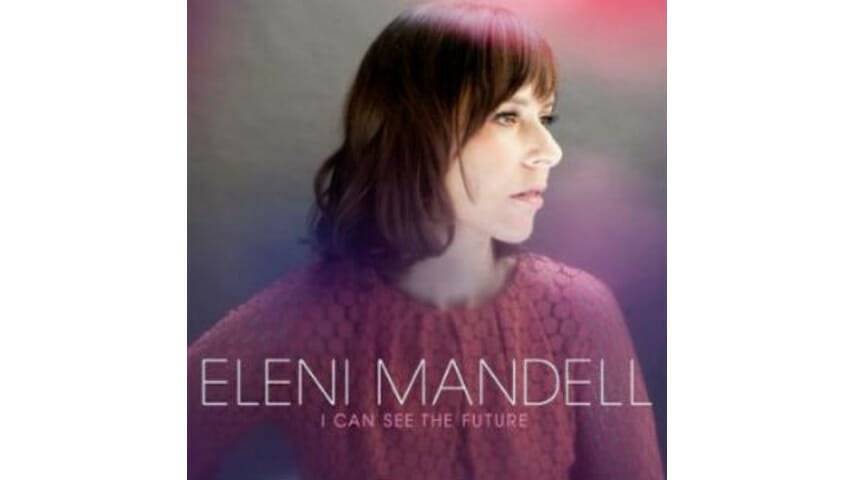Eleni Mandell: I Can See the Future

Eleni Mandell should get some sort of medal for the circumstances under which she recorded her latest album, I Can See the Future. Not only did she write it during one of the most difficult periods of her life, a time when she split up with her boyfriend because of procreative differences, sought out a sperm donor, and then, finally, was able to get pregnant (with twins), but she began the recording process when she was eight months pregnant.
It’s fitting that she gave birth to twins and her new album around the same time, as the songs on I Can See the Future are, understandably, very closely tied to this trying period of Mandell’s life. More than it’s about hard times, though, the album is about her newfound happiness, and the joy that the impending birth of her twins brought into her life. It is about learning to let go of the past and the life you had imagined for yourself, and claiming what lies ahead.
-

-

-

-

-

-

-

-

-

-

-

-

-

-

-

-

-

-

-

-

-

-

-

-

-

-

-

-

-

-

-

-

-

-

-

-

-

-

-

-








































